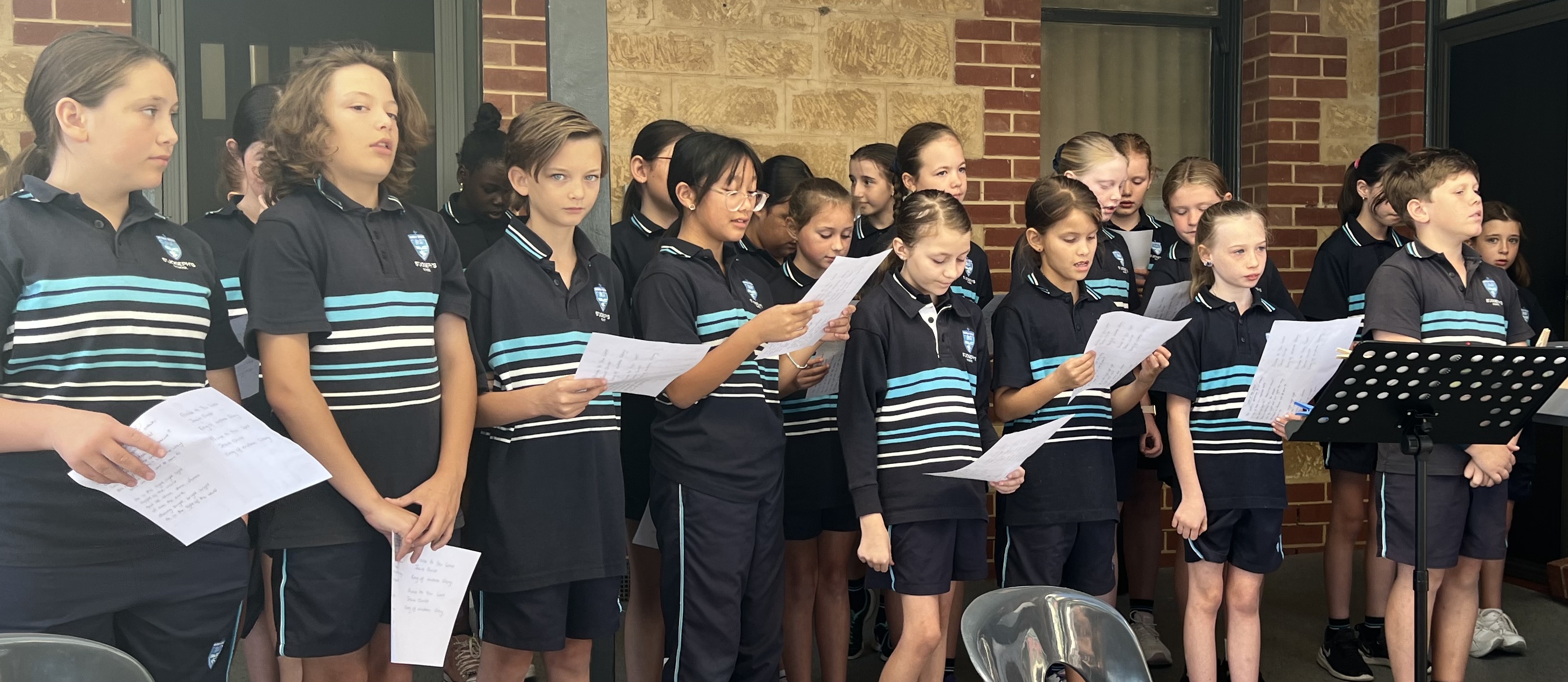GRATITUDE
Last week was a busy week at St Joseph’s school, not only did we have the hottest week of the year we also celebrated Shrove Tuesday and Ash Wednesday marking the beginning of Lent. A big thanks to our parent volunteers who cooked and served pancakes to all our students and teachers: Amy, Katie, Lisa, Leah, Leanne, Leonie and Chalani.
Lent is a time to remember to reflect, pray and think of others and be reminded of what we should be grateful for. It is so easy for us to become ‘bogged down’ in our complaints and the things that are going wrong. How can we turn these complaints around so that we can focus on the wonderful things we are blessed with? How does a person develop a thankful heart? It begins with an attitude of gratitude.
I would like to share some ideas about gratitude from two articles I read recently that resonated with me. One was an article by Vinita Hampton Wright about how we can develop a habit of gratitude. She encourages honest thanksgiving and complaints in prayer as she shares some ideas for steps toward a habit of gratitude. She uses examples of some of the psalms from the Bible where they follow a simple structure, beginning with complaints and then ending with words of praise and trust. As Vinita says, “There is no magic formula – just some specific steps to take toward a habit of gratitude.”
First, we begin with our complaint and be specific:
- “I take back every prayer for patience I’ve ever prayed! Heavenly Father, you have put so many exasperating people in my life – I don’t want patience that badly. Can I be just somewhat patient and not have to deal with all these crazy relationships?”
Next, remember your history of grace:
- “I’ve been depressed before, and I’ve been helped by family, friends, therapists, and doctors.
Then, turn the complaints into requests:
- “Give me wisdom so that I can understand how much weight to give any particular conversation or event. Sometimes I panic and turn everything into a crisis. Or I feel that one person is taking advantage of me – so of course everyone else must be too.”
Finally, turn on the thanks:
- “Thank you for the people who really care about me and who will support me through whatever happens.”
The second article by Lisa Kelly says that St Ignatius encourages us to begin and end all things with gratitude. To feel really grateful we need to put ourselves in a place of realising that we are dependent on another, whether it was a cup of coffee made for you, or the deepest desire of our heart – someone beyond ourselves has just positively impacted us and made our life better. To really experience gratitude when you say “thank you,” to someone there should be a feeling of relief or weight lifting off your shoulders. Finally, gratitude should always bring a sense of hope, of empowerment to take that next step and look to the future no matter how hard things may become.












Social